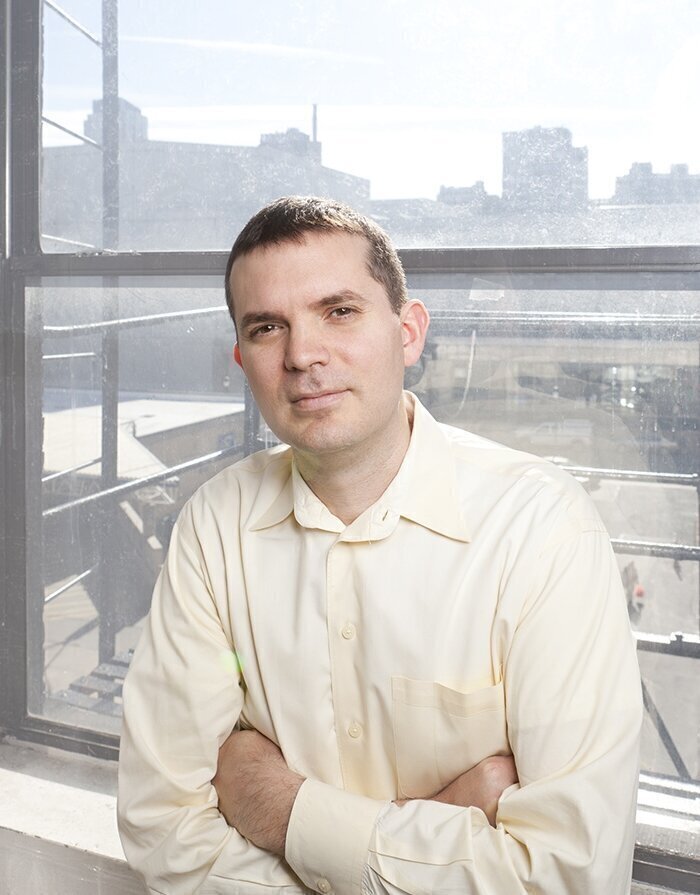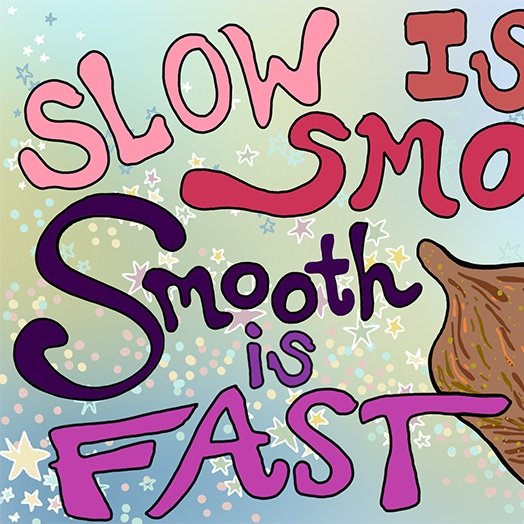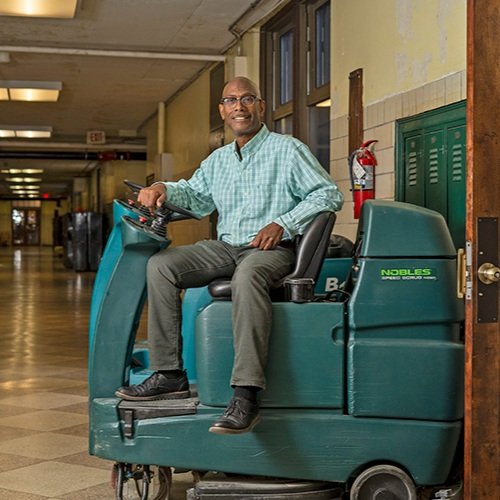Full disclosure: I am a business partner in Bennett Compost and have been for over 10 years. Like the guy who claimed he liked his electric shaver so much that he bought the company, so too was I drawn to this business from the get-go. It was just an irresistible idea.
Tim Bennett, ever smiling and ready for a laugh, was equally charming. He will tell you that I warned him to never take a partner, but that advice was ignored by both of us. Tim and I would become friends and business partners.
Grid has covered Bennett Compost a few times over the years, and always with the disclosure of my involvement, but I feel like we have underreported their success due to that conflict of interest.
This month is our 150th(!) issue, which translates into 12 and a half years of monthly publication. In that time, we have seen a lot of things come and a lot of things go. Our economy is not yet a green one, and the businesses we cover often begin with an ideal that goes against the grain. It’s an uphill battle for any new business to survive, but especially one adhering to values and principles that their competitors might not.
So how did Tim manage to convince people that they should take the time to sort their trash and pay to have their food waste taken away? The answer is easy, but only to an optimist: People want to do the right thing, and if they are given the opportunity, they will.
Consciousness about food waste in this city has skyrocketed on account of Bennett Compost. It’s Tim’s fault that I carry apple cores in my hoodie pockets, and cart banana peels hundreds of miles on a car trip. In the era before Bennett Compost, I would throw perfectly good organic waste in the trash. Now the thought of throwing away organic waste makes me shudder. All the peels and skins left on the cutting board belong in one place and one place only: my Bennett Compost bucket.
When Tim started, he was still working full time at Temple, and to launch his composting business, he made his pickups in the middle of the night. Then on short sleep, he’d go to work at his day job. It makes me tired just thinking about it.
He continued this draining schedule for about a year before he decided to take the plunge into pursuing the business. Even after becoming a full-time composter, he continued to work the graveyard shift because the roads were less populated, making pickups more efficient. The routes grew, and he ran himself ragged to keep it all working.
As a Bennett Compost customer, I’m grateful for that. He sacrificed his personal sustainability so our households could be a little more sustainable.
American culture celebrates entrepreneurs, and I will admit that I love hearing and telling the stories of small businesses. But that narrative is always incomplete. Tim’s partner Jen Mastalerz fine-tuned the company. Her contributions resulted in better working conditions, better pay and better benefits for the employees. She has always advocated for them. And, with her persistence in pushing for bike pickups, she has reduced their use of fossil fuels.
Her contributions make the business sustainable in a more holistic way, because we not only need to stop damaging the planet, we need to stop exploiting people.
Thank you to everyone who has made these 150 issues possible. We have so many more exciting stories to tell and some very fun things on the horizon. Stay tuned!
Alex Mulcahy
Editor-in-Chief
alex@gridphilly.com








